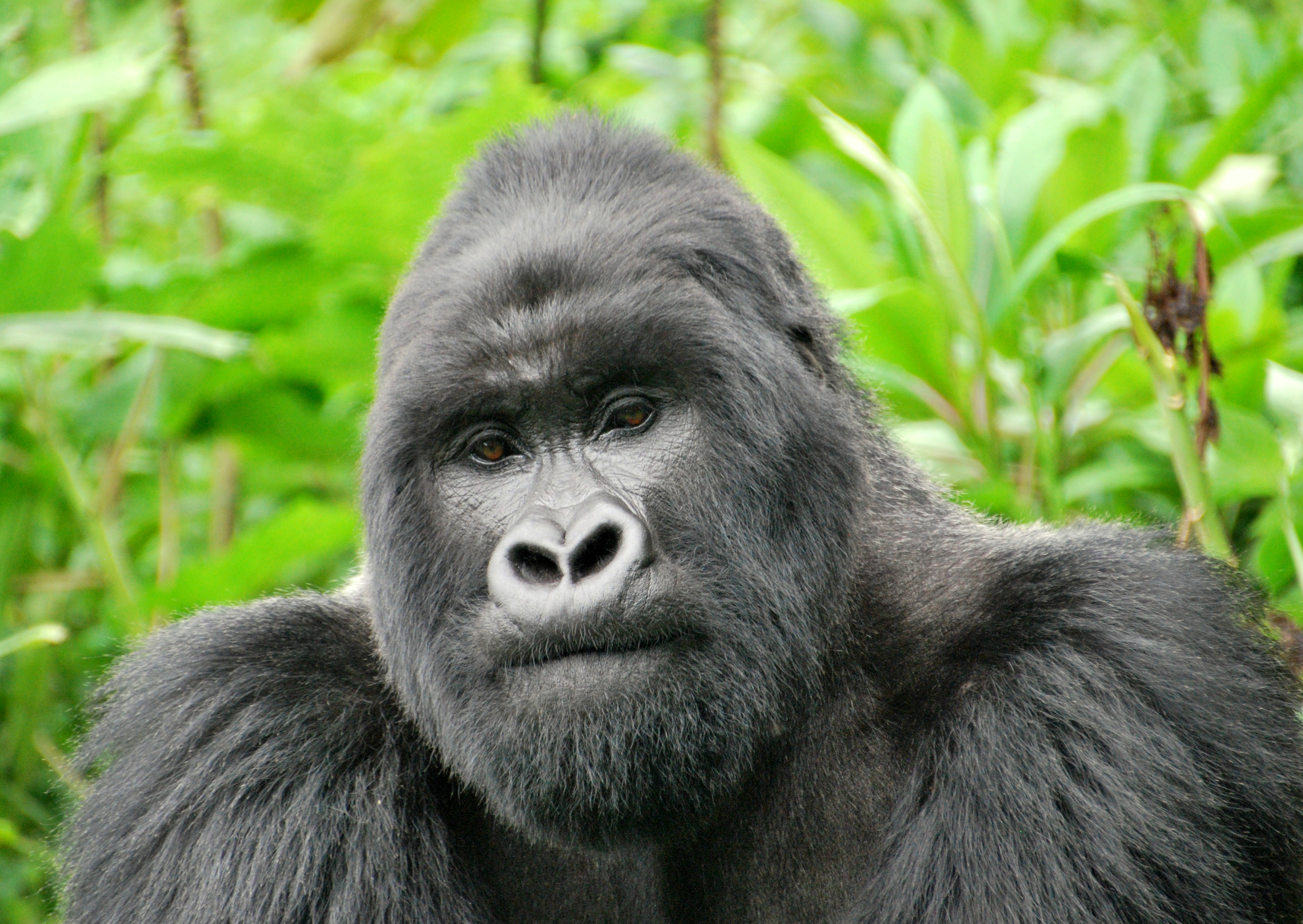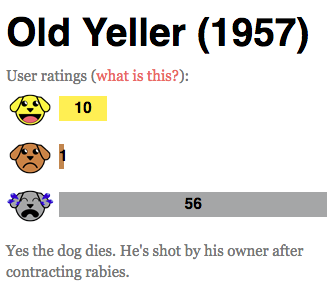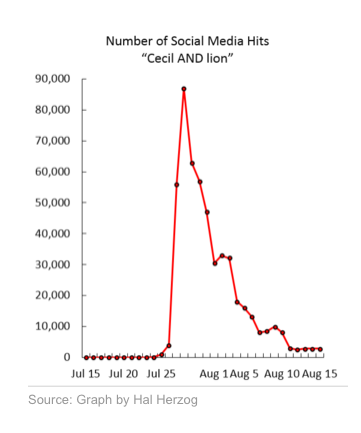Why Humans Tend to Sympathize More With Animals Than Other Humans

By:
For philosophers, the killing of Harambe the gorilla at the Cincinnati Zoo likely brings to mind a common ethical dilemma known as the "trolley problem."
The 'trolley problem.'
Michael J. Sandel, a justice professor at Harvard University, describes the moral quandary in this lecture:
"Suppose you're the driver of a trolley car, and your trolley car is hurtling down the track at 60 miles an hour. You notice five workers working on the track. You try to stop, but you can't, because your brakes don't work. You know that if you crash into these five workers, they will all die. You feel helpless until you notice that off to the side, there's a side track. And there's one worker on the side track."
Do you do nothing, and allow five people to die? Or do you actively kill one? Most people choose the utilitarian option, shifting the trolley car to the side track, according to The Atlantic.
Metaphorically, the zoo also shifted the trolley to the side track, electing to actively protect a human life instead of letting the events unravel on their own.
 Carine06/Flickr - flickr.com
Carine06/Flickr - flickr.com
It's human nature to want to blame someone for tragedies.
Most people understand the zoo's options were limited and that the child's safety came first. But they can't sit idly by and blame no one.
The internet has been flooded with social media posts and reaction pieces to Harambe's murder, and the outrage shows no sign of dying down.
Meanwhile, in the same news cycle, people have actually died: 700 migrants drowned in the Mediterranean over the course of three days, 64 people were shot and 6 killed in Chicago over Memorial Day weekend, and two people were killed in a murder-suicide at the University of California, Los Angeles.
Still, people were obsessing over Harambe, not over the loss of human lives.
"I think that when it comes to shootings like the one in Chicago people are just numb to and they don't focus on it," Sam Fulwood, a senior fellow at the Center for American Progress, told MSNBC last week. "The people who feel strongly about saving the gorilla make for the better story ... Shooting an endangered gorilla in a zoo is a much rarer occurrence."
Why we care more about animals than humans.
There also exists a psychological reason why humans are more downtrodden over the deaths of animals than humans — and explains sites like "Does the Dog Die?", which allows people to check prior to watching a film, as the name suggests, whether a dog will die in it.
 doesthedogdie.com
doesthedogdie.com
"I think people tend to take this view of the animals because they see them as vulnerable beings who have no say over their fate," Marc Bekoff, a fellow at the Animal Behavior Society and former professor of ecology and evolutionary biology at the University of Colorado, Boulder, told ATTN:.
ATTN: spoke to another researcher, Hal Herzog, a professor of psychology at Western Carolina University. Herzog referenced a study by Arnold Arluke and Jack Levin, both professors of sociology at Northeastern University, that measured people's reactions to false news stories covering the beatings of a human baby, puppy, adult dog, and adult male to explain why we feel so much compassion for animals.
As you might expect, humans were most distraught by the beating of the human baby, but almost equally outraged by the beating of the puppy. The adult dog followed not too far behind, with the adult male faring the worst.
The common denominator was the innocence of the victims. The Harambe incident was similar; both parties were perceived as innocent.
But human sympathy toward animals tends to be dependent on the type of animal in question. We obviously care about our pets — Americans are projected to spend $60 billion on their furry family members this year — but "charismatic megafauna" is another category of animals we usually favor, according to Herzog.
Harambe fit the bill of charismatic megafauna — animals that are large in size with a personality, and include giraffes, elephants, rhinoceroses, orcas, and lions.
Which brings us to Cecil the Lion, an obvious parallel.
The murder of Cecil the Lion in Hwange National Park in Zimbabwe created a similar backlash, but its duration, as the below graph illustrates, didn't equal its initial intensity.
 Hal Herzog/Psychology Today - psychologytoday.com
Hal Herzog/Psychology Today - psychologytoday.com
Cecil was brutally murdered by an American dentist Walter Palmer for mere recreation. In this instance, there was a very clear guilty party. The incident at the Cincinnati Zoo was completely different. The zookeeper didn't want to shoot the gorilla. The parents didn't mean to lose the child. It was a no-win situation.
The "Harambe effect."
"Calling it the 'Harambe Effect,'" University of Colorado professor Bekoff predicted the outcry resulting from the events at the Cincinnati Zoo will persist and one day help to bring about positive change in the realm of animal rights — namely phasing out zoos and the breeding of zoo animals.
Bekoff doesn't believe Harambe will suffer the same fate as Cecil the Lion and disappear from the zeitgeist within a few weeks.
"I think people are much more sensitive because it's at home," he said
Herzog, as someone who specializes in the study of moral dilemmas with animals, says the predicament with Harambe "was almost out of a philosophy book." But he notes that it also revealed something dark about Americans: their hypocrisy when it comes to animals.
"In general, we don’t care as much about animals. Americans spend at least 50 times more killing animals than protecting them," Herzog said, adding that over 10 billion animals are killed for meat every year in this country, and around 100 million are killed from recreational hunting, something 75 percent of Americans approve of.
This is why Herzog was so disappointed by society pointing fingers, looking for someone to blame for the death of Harambe.
